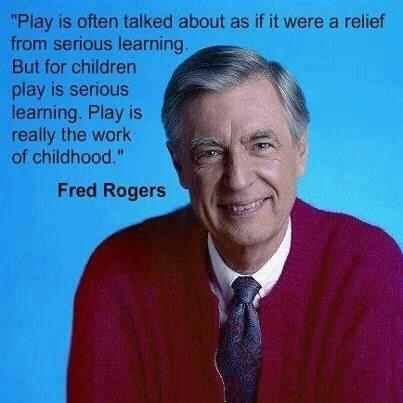Are you a starfish flinger?
The Starfish Story
Original Story by: Loren Eisley
One day a man was walking along the beach when he noticed a boy picking something up and gently throwing it into the ocean. Approaching the boy, he asked, “What are you doing?” The youth replied, “Throwing starfish back into the ocean. The surf is up and the tide is going out. If I don’t throw them back, they’ll die.” “Son,” the man said, “don’t you realize there are miles and miles of beach and hundreds of starfish? You can’t make a difference!” After listening politely, the boy bent down, picked up another starfish, and threw it back into the surf. Then, smiling at the man, he said … “I made a difference for that one.”
From my first book, Catch a Falling Reader:
“I firmly believe that, when we teach kids how to fly as readers and writers, we save them. We must strive to prevent each and every falling reader from a lifetime of frustration, low self-esteem, anxiety, and disappointment. For, if we are not about catching kids and teaching them how to fly, then what are we about? Catch a falling reader, put him in your pocket, NEVER let one get away!” C. Hebert
Let’s make a difference together and catch all struggling kids wherever they may be…
